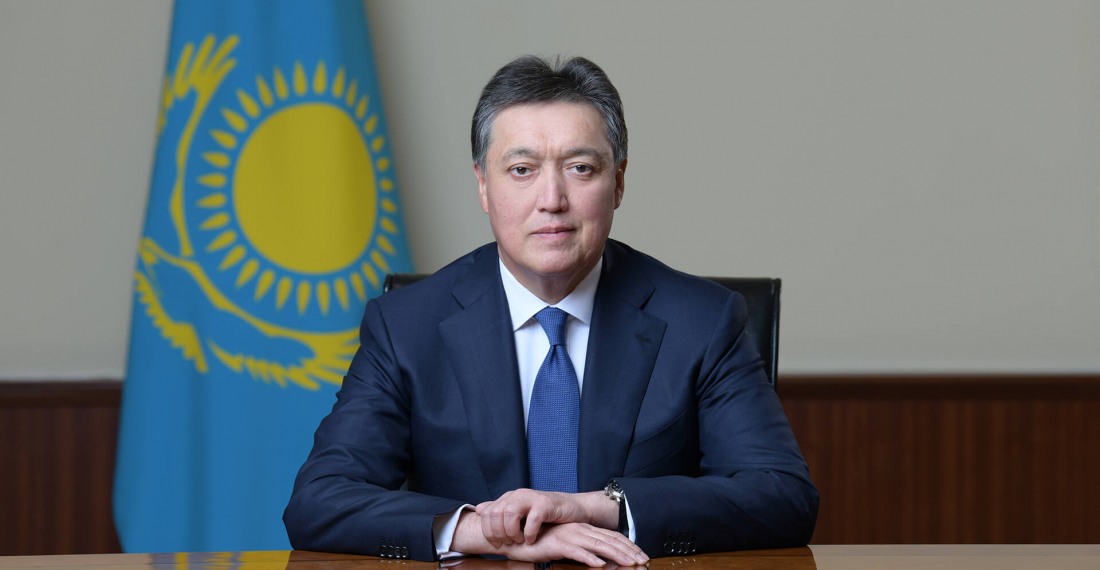In a presidential decree, Kazakhstan's President Kassym-Jomart Tokayev nominated Askar Mamin as Prime Minister of Kazakhstan on Friday (15 January).
During its first session since the elections on 10 January, deputies in parliament's lower chamber, the Mazhilis, voted 78 to zero with 21 abstentions in favour of Mamin. He had resigned earlier on 15 January, as dictated by law, to allow a new government to be formed.
Mamin's reappointment indicates that radical policy changes are unlikely in the oil and mineral-rich nation that has attracted hundreds of billions of dollars in foreign investment in its energy and mining sectors.
Mamin has been the head of Kazakhstan's government since 25 February 2019. Previously, he was Mayor of Nur-Sultan and Minister of Transport and Communications (2005-2006), as well as first Deputy Prime Minister of Kazakhstan.







